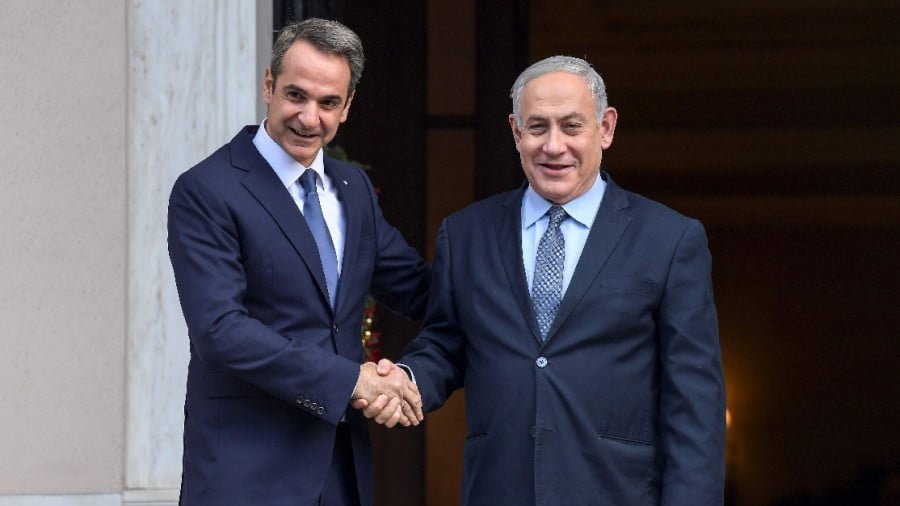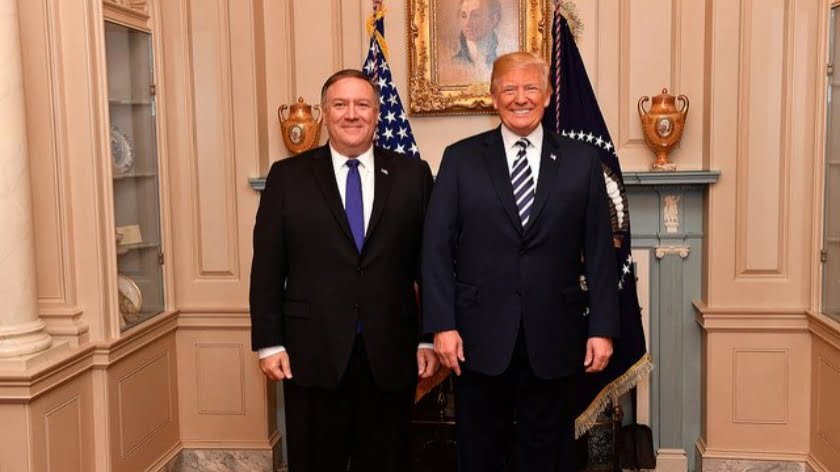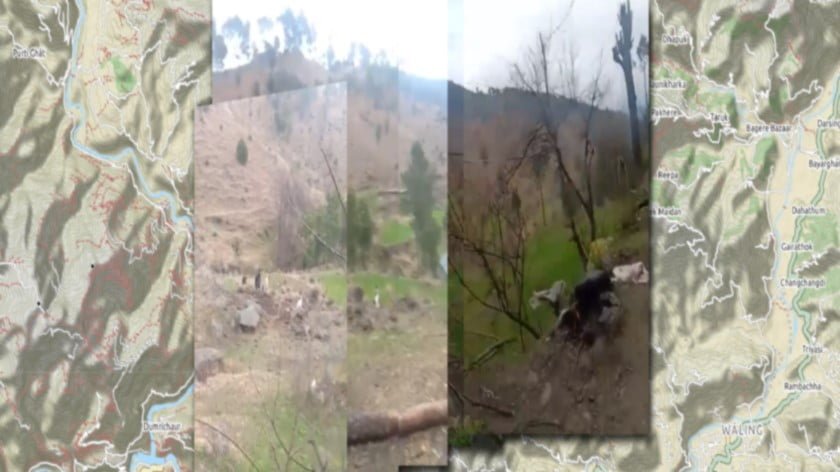On The Hunt for Gas: Tel Aviv and Athens VS Ankara
Tel Aviv wants to change the face of the Mediterranean leadership and does so by aiming for control of the Eastern Mediterranean. The instrument of the Israeli government is the gas quadrumvirate, the Eastmed project with its other three geostrategic pillars Egypt, Cyprus and Greece also in order to change the face of the Mediterranean leadership. Thanks to that network of pipelines, it is the first time that Israel has created a physical link with Western Europe. But the project extends beyond Old Europe: in recent weeks Bulgaria, Romania, Hungary, Serbia and North Macedonia have signed an agreement to support the EastMed gas pipeline. The agreement was reached thanks to an initiative promoted by the Athens Ministry of Energy.
The Eastern Mediterranean has become a new focus of Israeli strategic interests over the past decade. For Tel Aviv politics it is a 180 degree turn. A fundamental asset of this strategy is the “quasi alliance” with Greece and Cyprus. The Eastmed Gas Forum founded in Cairo is only the visible part of this strategy. The Forum counts on the support of France and the United States, and the European Union is a natural ally of this path.

Historically, Israel had never conceived of the Eastern Mediterranean as an essential strategic arena. For the simple fact that that region has never represented a threat to Tel Aviv. The scenario changed with Israel’s discovery of natural gas in the seabed in Israel’s Mediterranean Exclusive Economic Zone. But not only. The new Israeli strategy also depends on the need to obtain desalinated water from the Mediterranean and tensions with Iran have also spilled into the maritime space.
The change of course has taken place in the last fifteen years, with a gradual rapprochement of Israel with Greece and Cyprus. Last but not least ingredient of this new asset of relations between Athens, Nicosia and Tel Aviv is also the common concern for Turkey’s behavior.

Today, we can speak of a diplomatic split between Israel and Turkey: a process of distancing that began in the last decade. The consequences are all to be discovered. Ankara and Jerusalem had always remained essentially neutral, by virtue of that “principle of terrestrial connection” at the basis of Turkish foreign policy.
The tensions between Greece, Turkey and Cyprus, cataloged by international analysts as the “energy picture of the Eastern Mediterranean,” could trigger a crisis in the area. A risk that is explained by Oded Eran, Senior Researcher at the Tel Aviv Institute for National Security Studies and former ambassador to Jordan and the European Union: we cannot ignore the tensions in the Eastern Mediterranean deriving from the disputes over the delimitation of national exclusive economic zones (EEZs), a long political, territorial and economic conflict that threatens the stability of the entire eastern Mediterranean and causes inconvenience to the regional gas industry ”.
Better prepare for war. Relations between Greece and Israel are also walking fast along this line: in April 2021, a $ 1.68 billion contract was signed for the creation and management of an air training center for the Hellenic Air Force, from part of Elbit Systems. The contract has a duration of 22 years. It is the largest defense procurement agreement between the two countries. Drone leasing agreements have also been signed and joint military exercises are scheduled to be more frequent.







